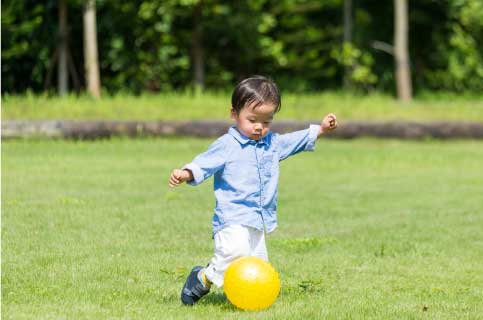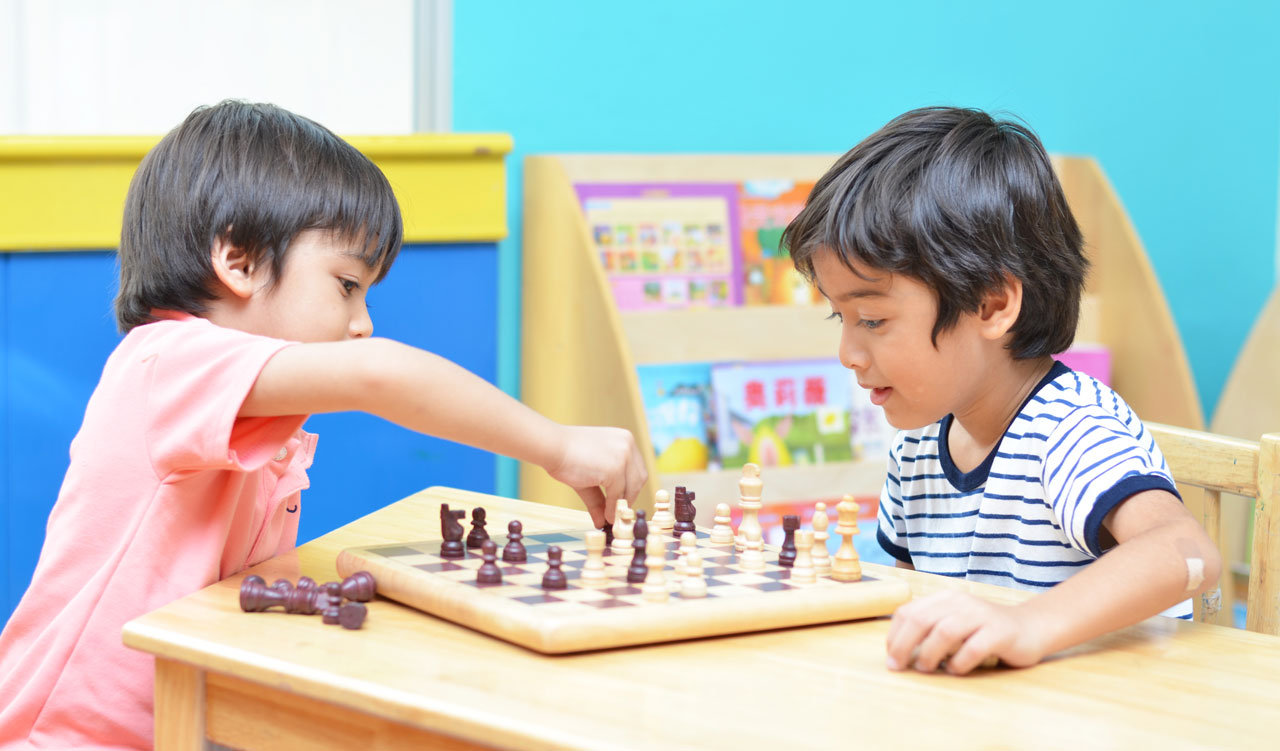By subscribing you are agreeing to our Privacy Policy
Expert posts

Sharing from Clara, mum of 2 children with Special Education Needs
Life is always challenging, ours even more. However, I enjoy it.

{"preview_thumbnail":"/sites/default/files/styles/video_embed_wysiwyg_preview/public/video_thumbnails/9Ik2QQC9NOI.jpg?itok=CE1eAhsx","video_url":"https://www.youtube.com/watch?v=9Ik2QQC9NOI","settings":{"responsive":1,"width":"854","height":"480","autoplay":0},"settings_summary":["Embedded Video (Responsive)."]}

April 8, 2022

Phonics and developing the love for reading
Reading skills are the most critical early learning milestone your child should master to ensure they achieve their later academic potential. Learn what you can do as a parent to support their emerging literacy efforts and foster a life-long passion for reading. Practice these phonics activities at home and further stretch your child with courses from our professional phonics partners.

Dr Will Chien has had an extensive career as an occupational therapist working with children who have physical, developmental or intellectual disabilities and their families both before and while obtaining his PhD from Monash University. He is currently an Associate Professor in the Department of Rehabilitation Sciences at the Hong Kong Polytechnic University and has strong research interests in developing children’s hand skill-related measures.

By Rachel Murphy

It is reassuring that many parents now recognise the importance of phonics as a foundation for reading and writing. Rather than expecting children to visually remember words, they are now being trained in matching letter and sound correspondences, words to read and spell. Phonics comes from the Greek word phone, which means sound. Research has shown that we store words in our long-term memory when sounded out.

February 15, 2022
Following the latest battle against Omicron variant, parents need a greater understanding of the safety and efficacy of the COVID-19 vaccinations for children aged 5-11.

In Hong Kong's competitive society, most children participate in extracurricular activities after school. These activities are often touted as laying the foundation for the development of intelligence, personality, social behaviour and learning capacity, and as vital elements to ensure your child does not fall behind in their development. However, does recent research back up these claims about the positive effects of extracurricular participation for young children in Hong Kong?
